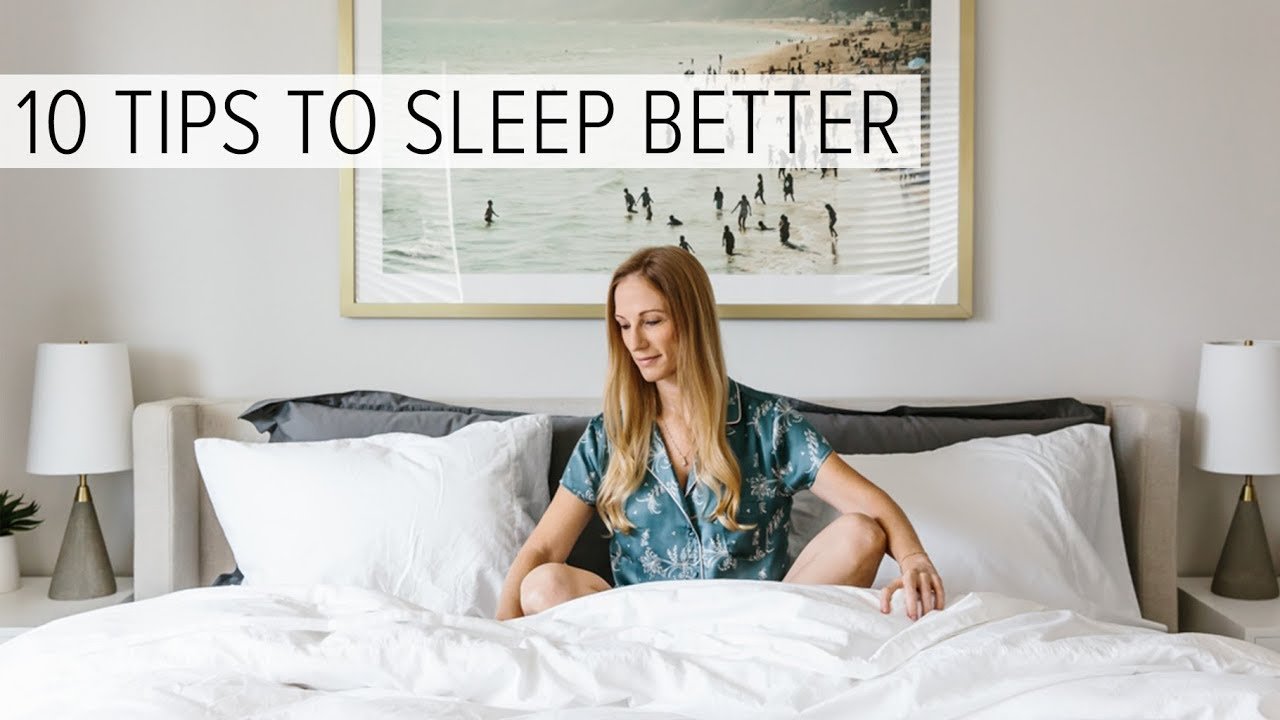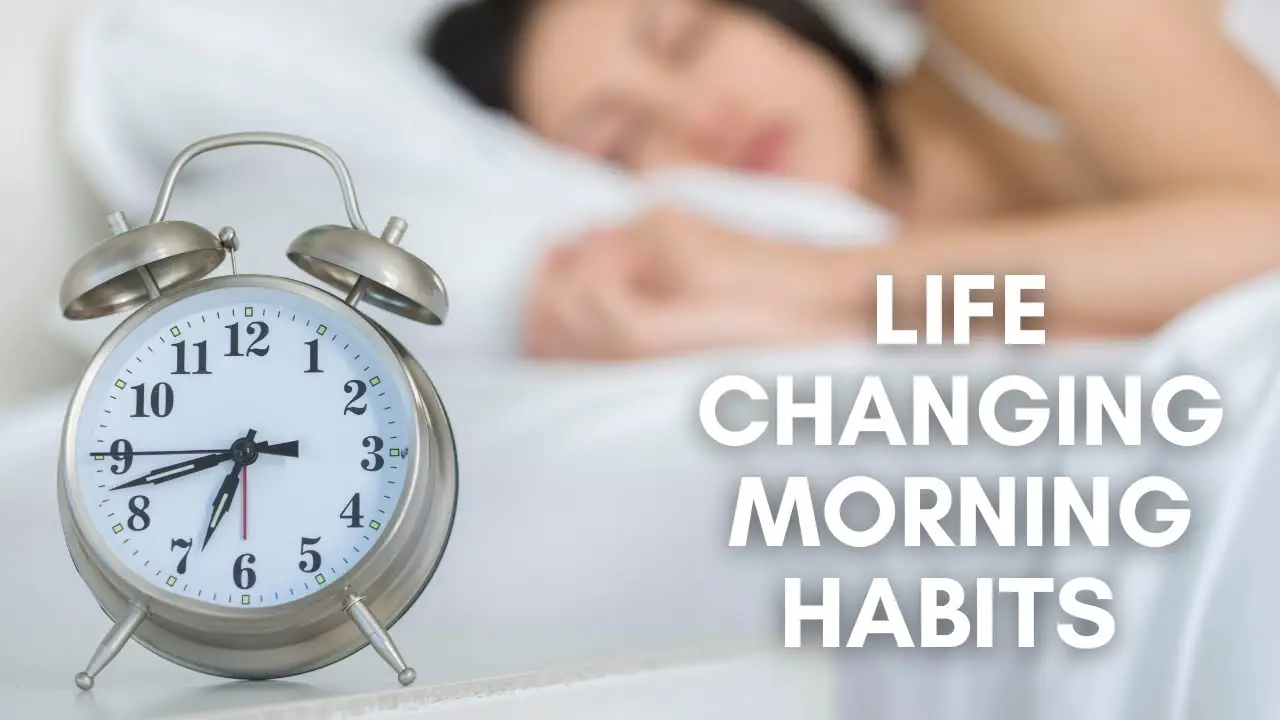It is where the body heals tissues, develops most of its instinctive faculties, and improves the immune system. It brings about well-being as well as refreshing about the physical, mental, and emotional planes. Not sleeping will bring a huge number of problems.Among them include the following Healthy Habits for Better Sleep:
Bad cognitive ability.
Immunity weakness
High chances of chronic diseases
Good Quality Sleep Habits
These are relatively simple practices that surely affect sleep quality.

1. Rhythm-circadian rhythm sleep pattern
You also have your own circadian rhythm, a cycle of 24 hours that orients to times of sleeping and waking up. A scheduled sleep pattern will help your body to get accustomed to this rhythm.
Sleep at and wake up at the same time every day. This includes weekends
Don’t sleep much during the following days after working late; it will break your sleeping habit.
2. Sleep-Friendly Environment
An effective sleep-friendly environment is considered to be an acquisition for restful and rejuvenating sleep. Conditions include physical and sensory qualities that enable one to relax and at the same time help reduce disturbances by creating a friendly atmosphere for the quality of rest. The basic features of physical comfort contain supportive mattresses along with good-quality pillows, while clean soft bedding complements the sense of coziness.
Undoubtedly, lighting would have a very important role to play in making an environment sleep-friendly. While dim or warm lighting at dusk makes the body feel like it’s time to slow down, complete darkness at night helps in augmenting melatonin production and thus in ensuring uninterrupted rest. The same goes for cool, consistent temperature, preferably between 60 to 67°F or 15-20°C.
Other noises should be reduced to a minimum level, as well. White noise machines or earplugs and soundproofing mask other noises and make the room sound quiet. Fragrances, sweet as lavender, via candles or diffusers create a soothing atmosphere that will usher in deeper relaxation.
Another way in which the mental association with sleep within that environment can be strengthened is by decluttering the sleep space and assigning the bedroom for rest and relaxation only. This can make designing a space serene and comfortable not just ameliorate the quality of sleep exceedingly but uplift health and overall well-being.
Your bedroom should be sleep-friendly conducive.
Characteristics of a Sleep-Friendly Room Should-Haves:
Soft Light: Get blackout curtains or eye mask
Cool Room Temperature: Set the room temperature to 15-19°C or 60-67°F
Quiet: Use earplugs or white noise machine
Comfortable Bedding: Buy a good mattress and pillows
3. No Screen Time Before Sleeping
All these gadgets-your smart phones, computers, and tablets-emitting blue light that interferes with sleep. The blue light stops your body from producing melatonin.
How to Reduce Screen Time Before Bed
Reduce the intake of screens one hour prior to bedtime
Use night mode or glasses that filters out all the blue light
Transfer your mind to a place where it would love to wind down or relax, such as by reading or meditation
4. Night Sleep Routine
Having a night sleep routine means your brain is completely primed to sleep well, long
Relaxation Practices
Bath Tub: It cools down the body temperature; it also acts as a sleep stimulant
Yoga or Stretching: Relieving the physical body but also calms the mind
Meditation or Deep Breathing: Relieves stress, and also lowers the stress level
5. Maintain Your Diet
Everything you give your body and mouth may be important to the quality of your sleep.
Avoid the following in your diet and drinks
Comsumptions to Avoid Caffeine: Have them in moderation. Try to have less of it after 2 pm.
Heavy Foods: Do not consume heavy foods at least two hours before your sleeping time Alcohol: It may seem to induce sleepiness but definitely interferes with deep sleep.
Food That Induce Incline Sleep
Bananas, Nuts, and Seeds (Magnesium)
Aunt Edna’s cooking Amino acids Rich in Tryptophan Gourmet has turkey and milk.
6. Good amount of Exercise
Good amounts of exercise contribute to overall health, lifting energy levels and bettering mental well-being. Regular physical activity makes the heart stronger, improves blood circulation, and helps major organs perform better, thus fighting chronic diseases such as diabetes, hypertension, and obesity. But the amount does not matter if the quality and balance of exercise is lacking.
Health professionals recommend that at least 150 minutes of moderate-intensity aerobic activity or 75 minutes of vigorous intensity exercise should be performed per week to maintain cardiovascular health and muscular strength. Swimming, cycling, or walking activities will always afford some level of aerobic advantage while strength training activities like weightlifting or yoga engage the muscles and improve flexibility.
A good exercise program also includes stretching and can be used to attain flexibility and as a tool for reducing the risk of injuries. Muscles need rest days to recover and become stronger for constant workout, not burnout or overtraining.
Moreover, beyond those named are the physical benefits: exercise benefits mental health-including stress and anxiety relief and mood improvement through endorphins. A short, regular workout produces significant health benefits, making it more manageable to stick to an active lifestyle. Focus on good exercise; one can be more fit, healthier, and happier.
Quantity and quality of sleep improved with healthy exercise.
Over 30 minutes daily exercises per week.
Night-time exercise as such exercises keep your body high.
7. Stress Level Management
Stress and anxiety will be the biggest sleep thief, but if their management is done, then there’s so much of a difference.
Practical Stress Management Techniques:
Write things that process much going on in your mind .
Meditation or gratefulness.
Seek support from loved ones or professionals when needed.8. Reduce your Daytime Nap While naps are rejuvenating, long or spread out naps have a tendency to become your enemy for night time sleep.
Conclusion
Sleep for as many as 20-30 minutes
Do not nap before bedtime
9. Refrain from stimulants and also Sleep Interruptors
честные казино с быстрыми выплатами
бездепозитные бонусы казино
играть в лучшем казино на деньги
база казино с бездепозитным бонусом
онлайн казино России
casino oyunu
For instance, smoking and intake of coffee or caffeine acts as a way of depriving a man to be sleery for a long period. Other ‘interferer’ of sleep is excessive fluid intake before sleep and which subjects a man in and out of bed loads.
10. See Doctor if Needed
If you do all this in the book and you cannot still find solutions for your sleep problem, then well, it’s now probably the time to see a doctor. Sleep disorders such as insomnia and sleep apnea are medical conditions.



